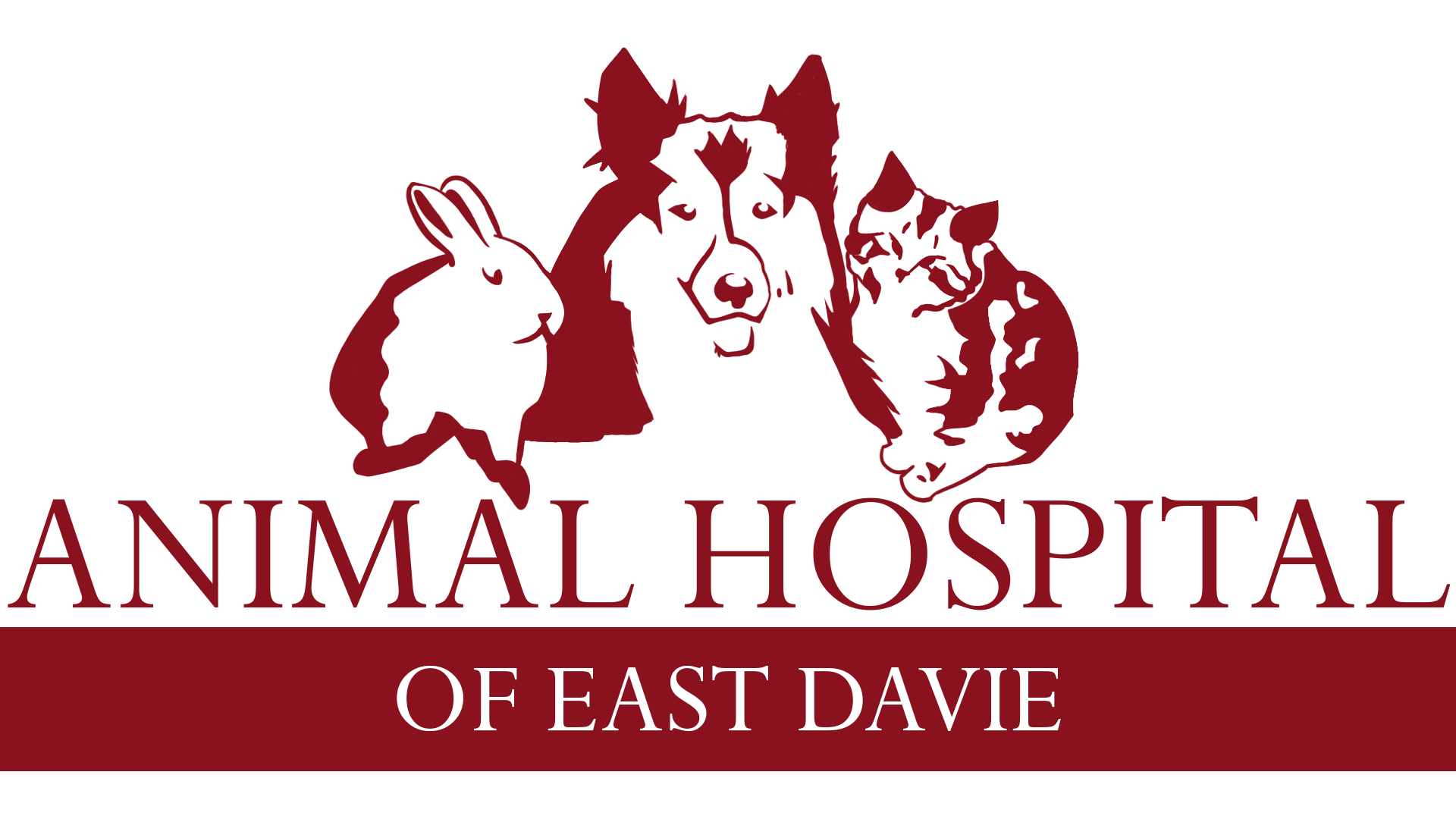How Much & How Often Should You Feed Your Dog?
Once you’ve found the right dog food, it’s essential to feed the correct amount at the proper intervals. However, feeding requirements vary based on factors like breed, age, weight, and activity level. The feeding guidelines on dog food packaging provide a starting point, but adjustments may be necessary based on your dog’s body condition and health needs.
Nutritional Needs for Adult Dogs
A high-quality, complete, and balanced diet is the foundation of your dog’s health. The best diets contain:
- Protein – Essential for growth, muscle repair, and immune function. Look for foods with high-quality animal protein sources.
- Fats & Fatty Acids – Provide energy and help regulate inflammation. Omega fatty acids are especially important for skin, coat health, and joint function.
- Carbohydrates & Fiber – Supply energy and support digestive health. While dogs don’t have a minimum carbohydrate requirement, fiber is crucial for a healthy gut.
- Vitamins & Minerals – Support bone health, metabolism, and organ function. A balanced diet should naturally include these essential nutrients.
What to Look for in Dog Food:
- Complete & balanced for all life stages or specific to your dog’s age & breed
- No artificial colors, flavors, or fillers
- Avoid overly moist, chewy foods with artificial preservatives
Need help selecting the best diet for your dog? We can help! Check out our Pet Nutritional Counseling Services page for more info!
Feeding Guidelines for Senior Dogs
As dogs age, their nutritional needs change. Senior dogs require adjusted diets to support joint health, metabolism, and immune function.
When Should You Switch to a Senior Diet?
The right time to transition depends on breed size:
- Small breeds (<20 lbs.) – Around 7 years old
- Medium breeds (21-50 lbs.) – Around 7 years old
- Large breeds (51-90 lbs.) – Around 6 years old
- Giant breeds (91+ lbs.) – Around 5 years old
Key Nutritional Needs for Senior Dogs
- High-quality, digestible protein – Helps maintain muscle mass and does not contribute to kidney disease.
- Omega fatty acids & antioxidants – Reduce inflammation and support cognitive health.
- Joint support – Diets rich in glucosamine & chondroitin help protect aging joints.
- Easily digestible fiber – Supports gut health and helps prevent weight gain.
Routine veterinary exams help monitor weight, muscle condition, and age-related changes. Schedule a senior pet wellness checkup to ensure your aging dog is receiving optimal care.
Foods to Avoid & Recommended Diets
Avoid Diets That Contain:
- Artificial colors, flavors, or preservatives
- Overly moist or chewy textures with excessive sugar or salt
- Low-quality fillers with minimal nutritional value
Recommended Dog Food Brands:
- Purina
- Hill’s Science Diet
- Royal Canin
- Iams
- Blue Buffalo
- Pedigree
Feeding a high-quality diet helps maintain a healthy weight, supports coat and skin health, and promotes longevity.
